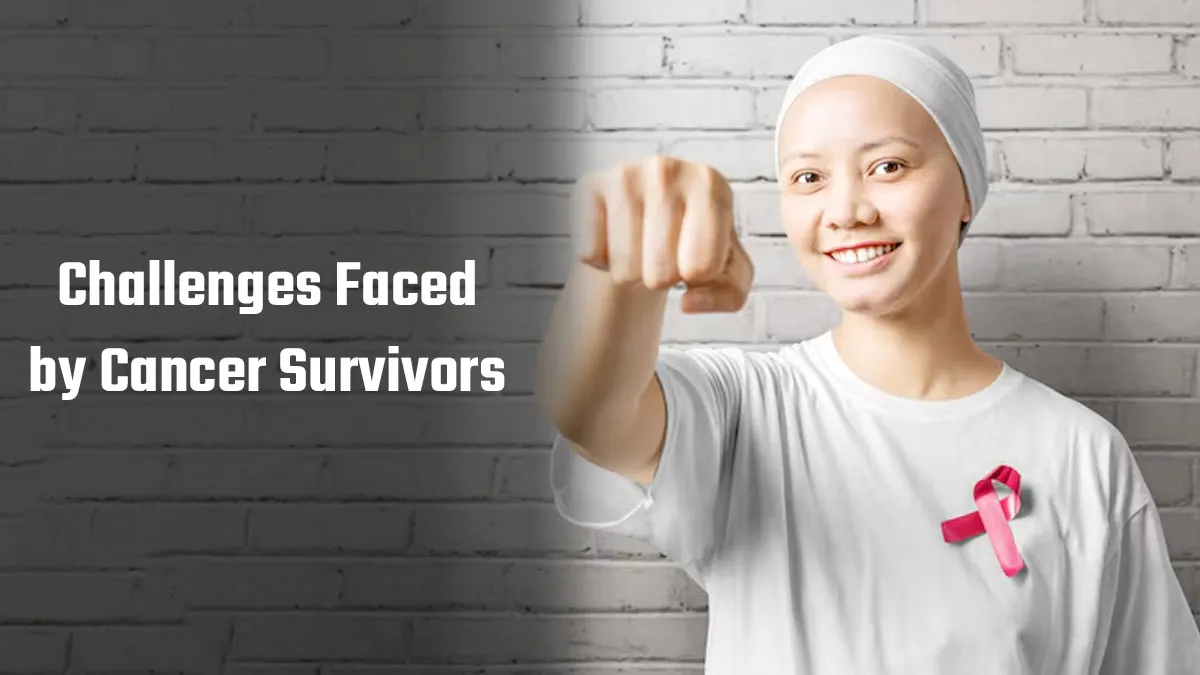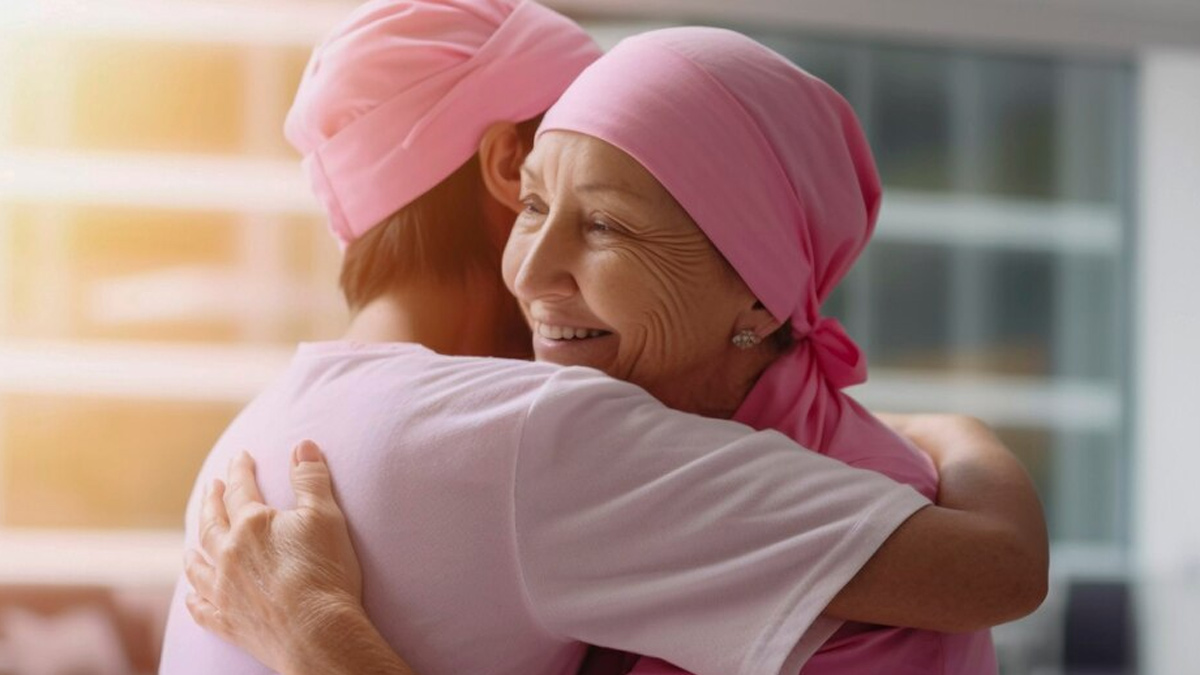
Surviving cancer is a monumental triumph, but the journey doesn’t end with the last chemotherapy session or radiation dose. For many cancer survivors, returning to ‘normal’ life brings a new set of battles like physical limitations, emotional scars, societal stigma, and the daunting task of rebuilding their identity. While medical advancements have improved survival rates, the road to rehabilitation and reintegration remains riddled with obstacles.
Table of Content:-
From chronic pain and fatigue to mental health struggles and workplace discrimination, survivors often feel unprepared for life after treatment. Let’s explore these challenges and uncover how healthcare systems and society can better support those who’ve fought cancer.
1. Physical Challenges: The Lingering Aftermath
-1742558835532.jpg)
Cancer treatments like surgery, chemotherapy, and radiation save lives but often leave lasting physical effects. Fatigue, neuropathy (nerve damage), and organ dysfunction are common. Dr Shubham Jain, Senior Consultant & Unit Head - Surgical Oncology, Rajiv Gandhi Cancer Institute & Research Centre (RGCIRC), Delhi, explains: “Early diagnosis and organ-conserving treatments are vital. They allow patients to retain physical function, making reintegration smoother.”
Key Strategies:
- De-Escalated Treatments: Avoiding aggressive therapies when possible reduces long-term side effects.
- Rehabilitation Programs: Physical therapy and pain management help restore mobility and strength.
- Nutritional Support: Tailored diets combat weight loss and muscle weakness.
ALSO READ: Easing Chemotherapy Discomfort: How Pinching Therapy Helps In Easing Pins and Needles Sensations
2. Emotional & Psychological Hurdles
-1742558863873.jpg)
Depression, anxiety, and PTSD are widespread among survivors. Fear of recurrence looms large, affecting daily life. Dr Jain emphasises: “Soft aspects like psychological well-being and sexual health are often overlooked. High-volume cancer centers with experienced teams address these needs early.”
A Study Highlights the Struggle:
A 2022 survey in The Lancet Oncology found that 40% of survivors experience moderate-to-severe emotional distress, yet only 20% receive mental health support.
Support Solutions:
- Counseling Services: Access to therapists specialising in cancer survivorship.
- Peer Networks: Connecting survivors to share experiences and coping strategies.
3. The Role of Post-Treatment Care
Survivors frequently feel abandoned once active treatment ends. Follow-up care is critical but often fragmented. “Post-treatment support is just as important as the therapy itself,” says Dr Jain. “Compassionate care through support groups and awareness campaigns can bridge gaps.”
Steps to Improve Care:
- Survivorship Care Plans: Personalised guides for monitoring health and managing side effects.
- Palliative Care Integration: Addressing chronic pain and improving quality of life.
- Caregiver Education: Training families to provide emotional and practical support.
4. Social Stigma: The Invisible Barrier
-1742558879737.jpg)
Many survivors face discrimination at work, in relationships, or social settings due to misconceptions about cancer. Dr Jain’s Insight: “The stigma around cancer isolates survivors. Public awareness initiatives are essential to normalise survivorship and rebuild their confidence.”
Breaking the Stigma:
- Workplace Policies: Employers offering flexible hours and anti-discrimination protections.
- Media Campaigns: Highlighting survivor stories to challenge stereotypes.
- Community Programs: Workshops to educate the public about cancer realities.
5. Financial Toxicity: The Hidden Cost of Survival
Cancer treatment drains savings, and survivors often struggle with ongoing medical bills or job loss.
Mitigation Strategies:
- Insurance Advocacy: Helping survivors navigate coverage for long-term care.
- Financial Counseling: Guidance on managing debt and accessing grants.
ALSO READ: Can MEDSRX Formula Help You Avoid Cancer? Expert Details The Acronym
A Path Forward: Building a Supportive Ecosystem

Dr Jain stresses collaboration: “From oncologists to policymakers, everyone must prioritise survivorship care. Rehabilitation isn’t just medical—it’s emotional, social, and economic.”
What Survivors Need Most:
- Holistic Care Teams: Integrating psychologists, nutritionists, and social workers.
- Policy Changes: Governments funding survivorship programs and research.
- Community Empathy: Simple acts of inclusion can help survivors feel valued again.
Conclusion
Cancer survivorship is a journey of resilience, but no one should walk it alone. By addressing physical, emotional, and societal barriers, we can help survivors reclaim their lives—not just as patients, but as thriving individuals. As Dr Jain reminds us: “Survivors aren’t asking for pity; they need empowerment. Together, we can turn survival into a new beginning.”
Also watch this video
How we keep this article up to date:
We work with experts and keep a close eye on the latest in health and wellness. Whenever there is a new research or helpful information, we update our articles with accurate and useful advice.
Current Version
